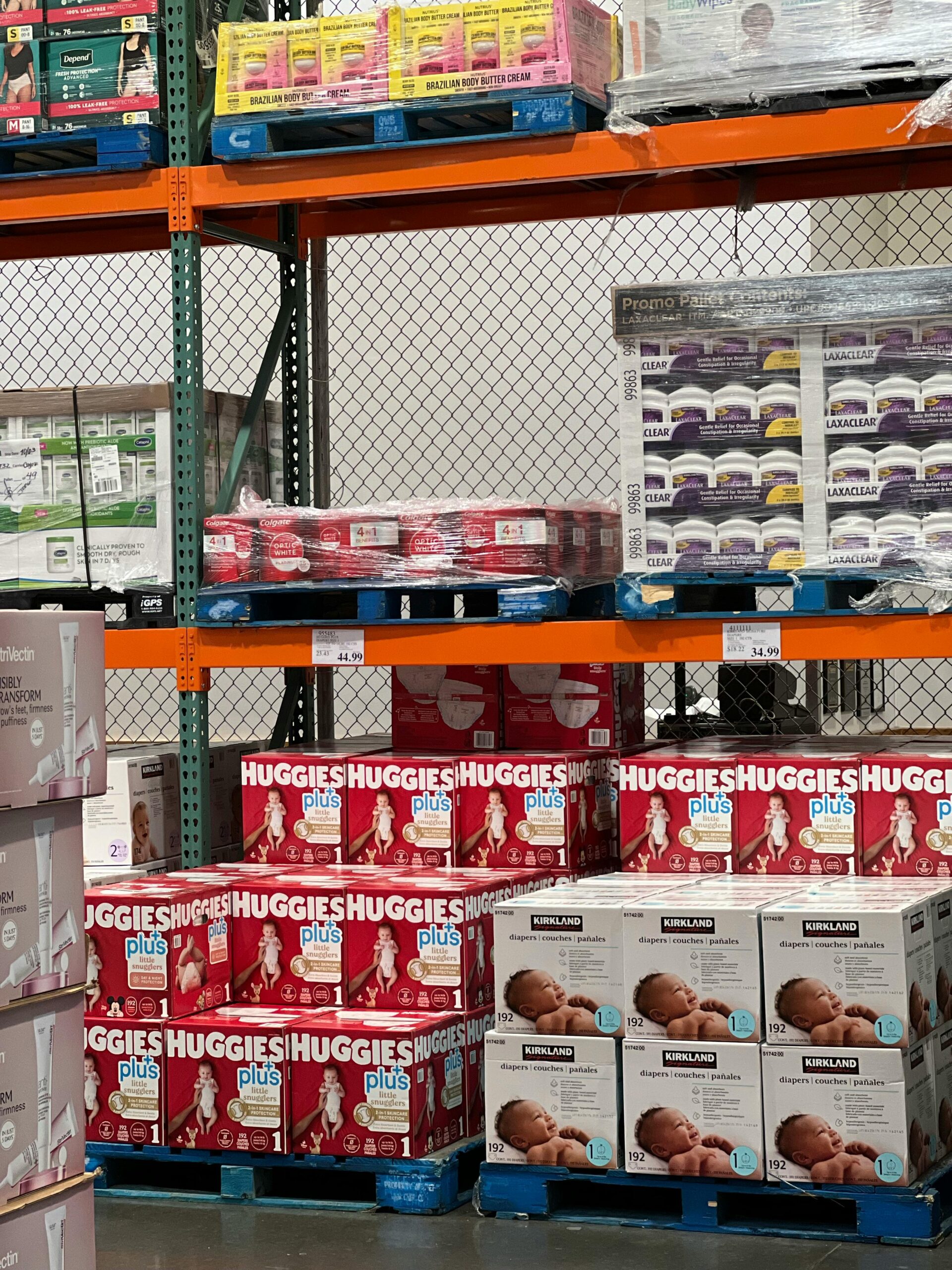Listen to Your Mouth!
There is probably nothing more embarrassing than a bout of halitosis because when you are afflicted, your best friend shuns you like the plague and the passenger next to you
There is probably nothing more embarrassing than a bout of halitosis because when you are afflicted, your best friend shuns you like the plague and the passenger next to you on the bus keeps their window open, even if it is raining or cold.
Halitosis is the kind of disease that could make you an embarrassment to your friends when you open your mouth to speak.
When you suffer from halitosis, everybody around you, including the street kids, turn away when you part your lips to indicate beginning of a grin.
In case you’re wondering what this is, halitosis is another name for bad breath, which may at times be a sign of more severe illnesses requiring medical attention, or merely a reflection of your inability to attend to matters of personal hygiene.
What causes bad breath? Halitosis may be caused by excessive amounts of odour-producing bacteria in the mouth. The worst kind of bad breath originates from bacteria gathered at the back of the tongue.
Some bacteria accumulate on the bits of food left in the mouth and between the teeth and if they -mouth and teeth – are not cleaned properly and regularly, they produce sulphur compounds, which cause bad breath. Another cause of bad breath is, yes, the food we eat.
Food begins to be broken down in the mouth before going down through the alimentary canal. As the food is digested and absorbed into the bloodstream, it is eventually carried to the lungs and given off in your breath. If you eat foods with strong odours (such as garlic or onions), brushing and flossing, or using mouthwash only covers up the odour temporarily.
The odour will not go away completely until the food has been processed and eliminated from your body.
Cigarettes contain chemicals that cause bad breath when smoked. These chemicals, which include tar and nicotine, build up in the mouth during smoking. They can stick on the teeth, gums, and tongue and inside cheeks resulting in excessive multiplication of bacteria in the mouth.
Once these bacteria are introduced into your mouth they will stay there until you get rid of them. Smoking also dries out the mouth by stopping saliva from continuously flowing and cleansing out the mouth.
This causes the growth of certain types of bacteria in the mouth, which lead to a continuous bad odour. Because the saliva is not able to move as freely, it cannot clean out the bacteria that move through the mouth.
The chemicals in cigarettes also cause easier formation of cavities and yellowing of teeth, raising the temperature in the mouth, which results in the destruction of the oral tissues. When the tissues are damaged, the bacteria move at ease in the mouth, which can lead to more Mouthwash Dentol floss Toothpaste serious problems like gum disease and oral cancer.
Persistent bad breath or a bad taste in the mouth may therefore be a warning sign of gum (periodontal) disease, which is caused by the build up of bacteria on the teeth. Other dental causes of bad breath include poorly fitting dental appliances, yeast infections of the mouth, and dental caries.
Other diseases like pneumonia or bronchitis, chronic sinus infections, postnasal drip, diabetes, chronic acid reflux, and liver or kidney problems may also cause bad breath.
Taking care of bad breath
Brushing and flossing more and drinking water instead of flavoured drinks and alcohol can help correct occasional bad breath issues while snacking on sugar-free mints or sugarless gum can also help control the breath.
If the condition occurs frequently, eliminate the food and drink triggering the overload of odourproducing bacteria in the mouth.
You can also limit the intake of coffee, alcohol, fatty foods and dairy as these dry out the mouth and change the acidity levels, which makes it easier for bacteria to breed.
If you experience a foul smell while using medication such as antidepressants, decongestants, high blood pressure medicines, antihistamines, or pain relievers, check with your doctor for a substitute medication that will not cause a dry mouth.
Using an antiseptic mouthwash helps kill germs that cause bad breath while cleaning all the surfaces of the teeth by brushing for about two minutes at least twice a day helps to fight off bad breath.
Remember to brush your tongue as most bacteria hide there. It is equally important to floss because brushing alone will not remove harmful plaque and food particles that stick on the gums.
The easiest way to get over your bad breath is to quit smoking. If you are not able to totally quit smoking, it is important to lessen your cigarette intake, as this will improve your health and breath.
Seek medical attention if you discover the following:
Ammonia or urine smell: If your bad breath smells like ammonia or urine, it could be a sign of kidney failure.
Sweet and fruity smell: This could mean the presence of diabetes.
Rotten eggs smell: If your bad breath smells of rotten eggs, it may be a sign of liver cirrhosis.




